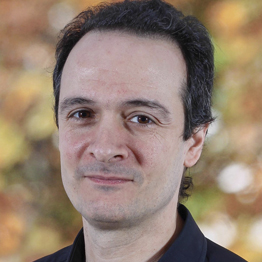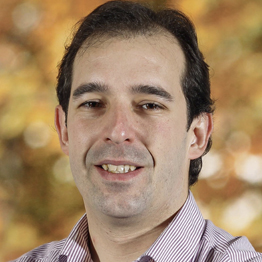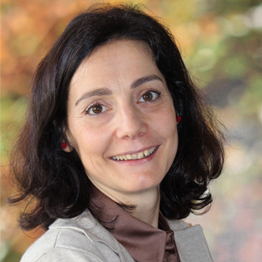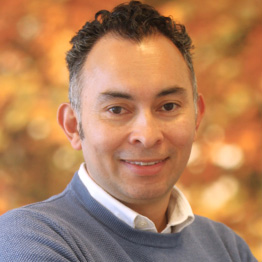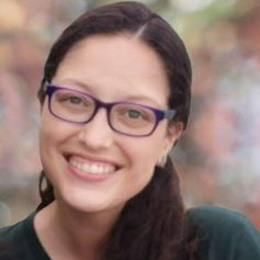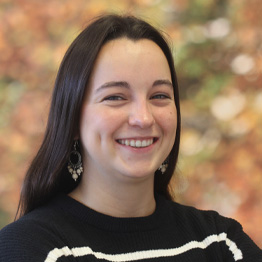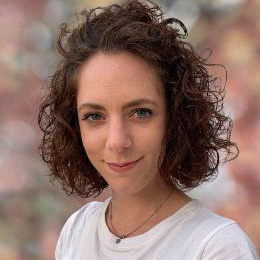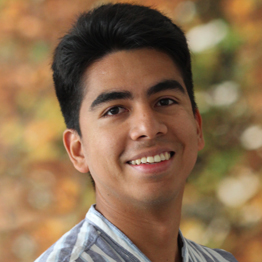Tissue Engineering is a field of Bioengineering closely linked to Regenerative Medicine, whose main objective is tissue regeneration through the combination of biomaterials, chemical factors and cells. goal . Particularly the study of biomaterials, either for the generation of tissue constructs or as a means to release chemical factors plays a fundamental role in the development of new therapeutic strategies.
The research team has a strong multidisciplinary character combining complementary approaches for development projects, such as engineering, medicine and biology. Some of these interests include the study of the influence of mechanical and morphological characteristics on the development of cellular constructs and on the modulation of cell behavior, the analysis of diffusion or degradation processes of biomaterials for tissue regeneration, or the development of culture platforms or bioreactors.
Some of the lines of research of this team are as follows:
-
programs of study Morphological and mechanical characterization of tissues to understand their development and pathological processes. Including cellular and extracellular characterization at macro and microscopic scales.
-
development of synthetic or natural polymeric supports (scaffolds) for the generation of engineered tissue constructs and their characterization. Includes
-
The development of computational models of fabrics for the simulation of processes by finite element analysis of their behavior.
-
Generation of culture systems capable of recreating physiological conditions to develop tissues in vitro. Includes bioreactors, culture media,
-
Microfluidic systems, etc., with the capacity to monitor and evaluate the development of the cultures.
-
development of biomaterials including micro and nanoparticles, micro and nanofibers, hydrogels, and other combinations for the generation of scaffolds,
-
Injectable products, etc. in tissue regeneration applications or new treatments.
The unit's activity can be classified along three main lines:
-
designmanufacturing and characterization of polymeric and natural scaffolds
-
Computer simulation of the mechanical behavior and degradation of polymeric materials.
-
Understand how cells perceive, integrate and respond to mechanical stimuli and their environment.
The main missions of group are twofold:
-
Generate knowledge interdisciplinary in the field of tissue engineering working in partnership with hospitals, centers of research and universities.
-
To train new physicians with the ability to understand and deal with complex problems, having a positive impact on society.
The group has been recently formed and has researchers with international experience. The group researchers have published more than 50 publications in international journals, such as Cell, Nature, certificate Materialia or Science Translational Medicine.
Team
Javier Aldazábal Mensa
Full Professor
(coordinator)
+34 943 219877 Extension: 842921
View CV "View Javier Aldazábal Mensa's CV".Jacobo Paredes Puente
Associate Professor
+34 943 219877 Extension: 842972
View CV "View Jacobo Paredes Puente's CV".Ana Sancho Erkizia
Professor Contratada Doctora
+34 943 219877 Extension: 842898
View CV "View Ana Sancho Erkizia's CV".Frank Jeyson Hernández
Ikerbasque Research Associate
+34 943 219877 Extension: 842811

